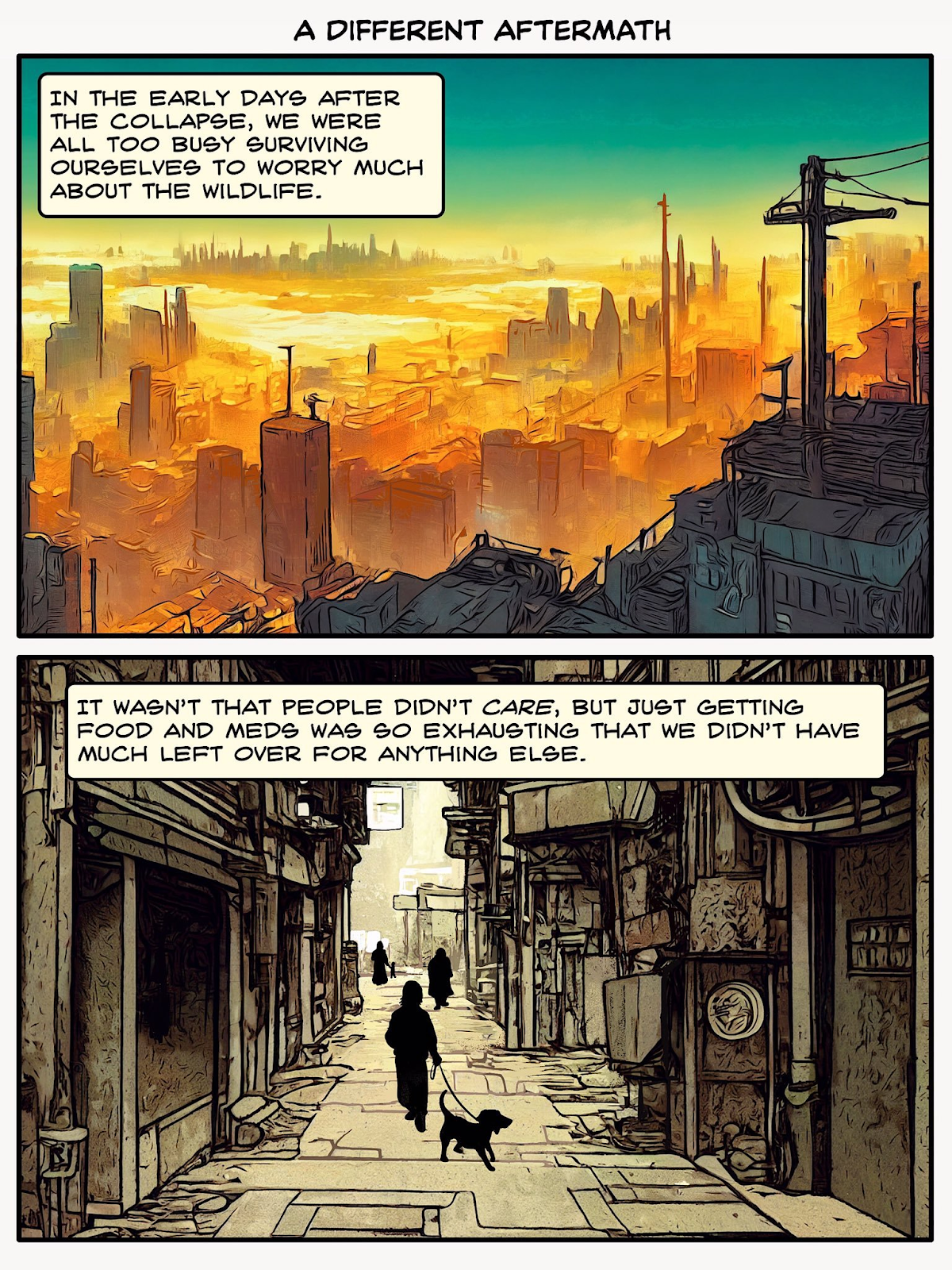Anne Leckie, The Long Game
A long short story which for some reason Kindle let me read for free. Here, Leckie retells the tale of Gilgamesh with a short-lived alien who discovers halfway through their two-year life span that they're going to die. Like Gilgamesh, the alien journeys beyond the bounds of the world and demands of the gods (which is to say human scientists) that they make him immortal, or at least longer-lived. That's the basic plot, but as with all Leckie's fiction the wealth of characterization and their motives makes this a wonderful, rich little read. Also deeply touching in places. Highly recommended. (You don't have to be familiar with Gilgamesh to understand it.)
Stephen King, Holly
You know, King isn't exactly inventive and he's a fairly mediocre writer, but he's got something, whatever that thing is that compels readers through the books. He has a mega dose of that. His recent books have gotten better -- I really liked Fairy Tale, for instance -- and this one isn't bad. It covers ground already covered by about a billion other crime novelists, serial killers, cannibals, missing kids and women and gay people; and the revelation isn't really a surprise. It's extremely readable though. Also, it's set during the initial COVID outbreak, so we get a look back at what that boring, scary time was like. Don't read this if graphic murders and cannibalism are too much for you, and parts of it are irksome (King has apparently never read a woman writer in his life -- he has a world famous woman poet recommending poets and fiction writers to a young writer and of course every single writer she recommends is male), but if you can get past that, this is fun. Also it has our favorite character Holly at its center.
Harriet Beecher Stowe, The Annotated Uncle Tom's Cabin
I read this after reading an essay on it by Jane Smiley, arguing that this and not Huck Finn should be seen as the foundation of American literature. I dislike Huck Finn as a novel -- it might have made a good short story, if Twain had written it that way. The first two or three chapters are good, and then it falls apart.
So I read this, which somehow I had managed not to read so far, and while it is a better novel than Twain's, it's overwritten and preachy in that way that many middleweight novels from the 19th century tend to be. It did not help that the annotator, Henry Louis Gates Jr, is clearly a misogynist, ascribing Stowe's every weaknesses in her writing to her desire to please the female portion of her audience. Women, clearly, have terrible taste, Gates seems to imply, so what can you expect from Stowe?
The plot itself does well enough -- we follow the fates of two people, Tom and Eliza, as they use their own separate methods for dealing with the injustice of slavery. Eliza runs away, Tom uses his Christian faith and his determination to be a good man to deal with being sold down South. After a lot of religious stuff, Tom ends up being murdered by his new owner, while Eliza ends up finding her long-lost mother and emigrating to Africa, which is apparently Stowe's solution for America's evil institution.
One problem I have is all the religious guff. Stowe, I think, wants American slaveholders to realize that their religion means they shouldn't have slaves. Though that's not clear, since -- as Frederick Douglass pointed out -- plenty of American slaveholders used Christianity to justify the ownership of slaves; and indeed the Bible does not forbid slavery, but gives rules for the correct way to own slaves. (It also gives rules for the correct way to rape people, as I used to point out to people who claimed the Bible was a moral guide.) Anyway, the religious yammering was tedious, and tended at times to bury the plot.
The other problem is that Stowe does indeed tend toward the sentimental, especially with her Christian characters. Gates isn't wrong about that, but he undercuts his case by with his obvious contempt for women readers.
Anyway, I'm glad I read it but I do not recommend this, unless you just like 19th century reform literature. And I don't think this is the foundation of American literature either. What is, then? An excellent question.
Kate Atkinson, Life After Life
I didn't read this one, I listened to it while I had Covid -- over and over again, because I kept falling asleep and waking up thirty or forty pages later, so I had to go back to the last part I remembered. Which, if you know the structure of this novel, that wasn't always easy.
The perfect novel for listening to when you're only semi-conscious, though.
Dorothy Sayers, Busman's Honeymoon
I also listened to this one while suffering from Covid. Since I've read the book like ten times, and it has a very linear plot, this one was easier to backtrack in once I'd fallen asleep. Also good for listening too when sick.




